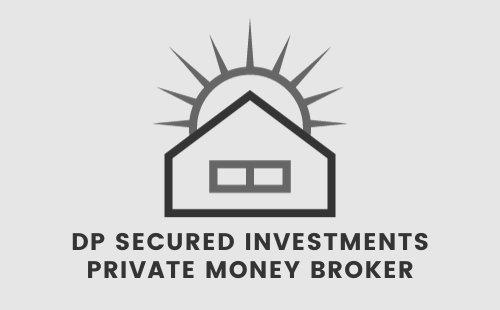Creating a responsible investment business model in the context of house flipping and real estate investment involves balancing profit motives with ethical considerations, sustainability, and community impact. Here’s a framework that can guide the development of such a business model, ensuring it aligns with best practices for responsibility and sustainability:
1. Ethical Investment Selection
- Focus on Properties that Benefit from Rehabilitation: Choose properties that not only offer potential financial returns but also contribute positively to the community by improving the housing stock.
- Avoid Predatory Practices: Commit to fair dealings, avoiding the acquisition of homes under distressing circumstances for the seller, such as pre-foreclosure sales at significantly undervalued prices.
2. Community Engagement and Development
- Support Local Economies: Hire local contractors and source materials from local businesses whenever possible, contributing to job creation and economic growth in the area.
- Enhance Neighborhoods: Aim for projects that not only increase property values but also enhance the livability and aesthetics of neighborhoods, considering community needs and feedback.
3. Sustainability and Environmental Considerations
- Eco-Friendly Remodeling Practices: Incorporate sustainable building materials and energy-efficient systems to reduce environmental impact and create healthier living spaces.
- Green Investments: Look for opportunities to invest in properties that can be updated with green technologies, such as solar panels, to reduce carbon footprints.
4. Transparency and Integrity
- Clear Communication: Maintain open lines of communication with all stakeholders, including investors, contractors, and community members, ensuring transparency in all transactions and projects.
- Ethical Financial Practices: Adopt transparent financial practices, ensuring that all investments and returns are handled responsibly and in line with regulatory requirements.
5. Risk Mitigation
- Diversification: Spread investments across different types of properties and locations to mitigate risks associated with market fluctuations.
- Due Diligence: Conduct thorough research and analysis on every potential investment to ensure it meets your criteria for profitability, sustainability, and community impact.
6. Long-term Community Investment
- Affordable Housing Initiatives: Consider dedicating a portion of the portfolio to affordable housing, helping to address this critical need in many communities.
- Educational Outreach: Offer workshops or seminars on home ownership, financial literacy, and sustainable living to residents, aligning your business’s success with the well-being of the communities in which you invest.
Implementing Your Model
To implement this model, your business could create detailed policies and procedures that reflect these principles. Additionally, aligning your business with DP Secured Investments or similar entities can provide a foundation of trust and responsibility, emphasizing the importance of secure and ethical investment practices.
Creating a responsible investment business based on these principles not only promotes profitability but also fosters positive community impact and sustainability, key factors for long-term success in real estate investment.
